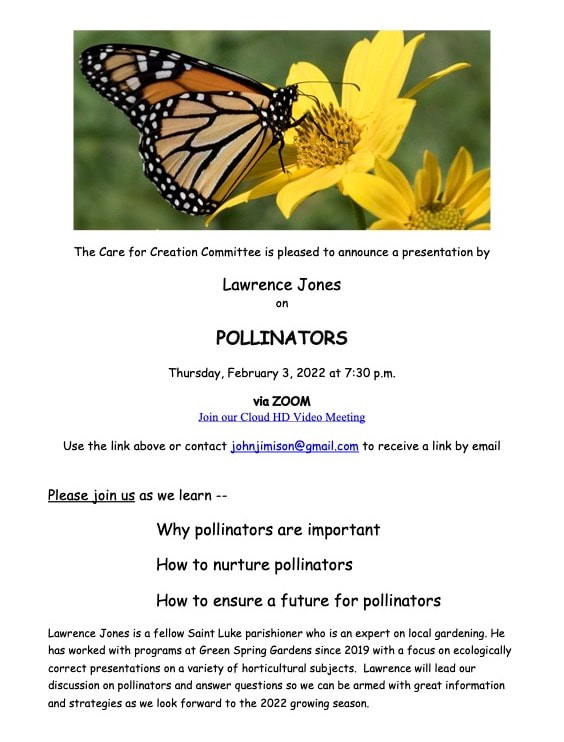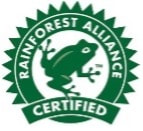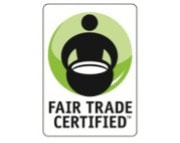|
In Laudato Si’, Pope Francis cautions “Isolated individuals can…end up prey to an unethical consumerism, bereft of social or ecological awareness.” (LS #219) He also reminds us that everything is interconnected. (LS #70)
Do I participate in Fast Fashion? Low prices and easy availability are tempting, and even if clothes are only worn briefly, I can donate to others by popping them into one of the convenient clothing collection bins, so where is the harm in indulging in trendy, cheap new looks? Considering the Pope’s words however, I slow my finger hovering over the “purchase” key and wonder: How are the clothes made so cheaply? Who sews them? What really happens to those clothes in the bins? Fast Fashion is described as a never-ending chain of fast actions – fashion trends come and go constantly, production is fast, a decision to buy is fast (“only 3 remaining”, “one-click purchase”); delivery is fast; and clothing is worn and quickly discarded. Looking into Fast Fashion is eye opening. It is well known that clothing workers are among the lowest paid, most disregarded people in the world, and outsourcing to long chains of contractors and subcontractors makes accountability a challenge. The documentary by Andrew Morgan, “The True Cost” explores just that in chilling concrete images and testimony. Since it is not important for Fast Fashion to last, cheap synthetic fabrics are used. These are a major source of the micro plastics now found everywhere from the Mariana Trench to Mount Everest. Hundreds of thousands of fibers come off the clothes in each washing and are swept away eventually to the sea. Cleaning up the environment is not a solution since garments are churned out at overproduction rates. As for donations, in November 2021, an image of a mountain of discarded clothing in a Chilean desert went viral. Chile and Ghana are well known dumping grounds of Fast Fashion. Last year, a mountain of cast-off clothing outside the Ghanaian capital city of Accra generated so much methane that it exploded. What have I learned? Before I make a purchase, I will try to slow down and find out what cost society and the environment pay for the item and I will try to remember our interconnectedness. What will you do? On the Second Sunday in Ordinary time, we are treated to one of Jesus’ most festive miracles, changing water into an abundance of wine! Contemplating the scene at the wedding in Cana, I wondered about wine in relation to Caring for Creation.
I found out that there is dynamic US and global interest and action around sustainability in the wine industry. For instance, the United Nations Climate Action page features a story about the California vineyard, Fetzer. Fetzer Vineyards is credited as a leader in sustainable practices by growing 100% organically in their Mendocino vineyards since the 1980s, becoming the first Zero Waste certified wine company in the world, and the first winery in California to operate on 100% renewable energy. Fetzer has also been certified as a carbon neutral operation and is a Certified B Corp. (https://unfccc.int/climate-action/momentum-for-change/climate-neutral-now/net-positive-wine) The California Sustainable Winegrowing Alliance is an organization that supports growers in environmental stewardship and social responsibility. The Alliance sponsors green leadership awards, and provides a guide to the many certified vineyards. (https://californiasustainablewine.com/find) Here in Virginia, wineries are also attentive to land stewardship and environmental responsiveness. Just two examples are Sunset Hills Vineyards and DuCard Vineyards; they both use the same sun that ripens the grapes to power their buildings. DuCard was recognized as the “Greenest Winery in Virginia” by SAVOR Virginia magazine. Internationally, Porto Protocol Foundation is a non-profit originating in the wine industry with hundreds of members committed to being catalysts for climate action “by bringing together a network of change makers and workable climate solutions for and within the wine world.” (https://www.portoprotocol.com/about-us/) Alex Katz is an innovator who started Protector Cellars (https://www.protectorcellars.com/); he looks at every aspect of the industry and production process, asking “how can I do better from a carbon impact standpoint without negatively impacting the quality of the wine?” The complex issue of sustainability in the wine industry is center stage worldwide as growers are taking their environmental impact seriously. They know that the future of their vines, vintages, people and industry depend on learning to respect and care for the gifts of creation. Before I buy my next bottle, I think I’ll look a bit more closely into vineyard practices. Cheers! It’s January 9, already! Even though we’re nine days into 2022, Christ’s Baptism feels like the real new start for me. With that in mind, and remembering Pope Francis’ exhortation to respond to the “cry of the earth and the cry of the poor,” I’m wondering how I can use my position as a consumer this year to support communities and care for the earth both when I make purchases. We can celebrate the growing number of companies who focus on ethical behavior and sustainably sourced and fairly traded products, and we can easily access them at local markets and through the Worldwide Web, we may just need to look for them. Here are a few ideas to consider before purchasing: Ethical or Fair Trade represents an employment or trade relationship based on the treatment of workers, artisans and farmers, providing fair wages, safer working conditions and consideration to the community and environment. Companies that bear the Certified B Corp. logo are businesses that balance purpose and profit. They are required to consider the impact of their decisions on their workers, customers, suppliers, community, and the environment. Cabot Cheese, Ben and Jerry’s, Tillamook, and Bombas are a few B Corporations. BETTER WORLD SHOPPER is a public research project dedicated to making social and environmental data available to consumers who wish to utilize their dollars as votes in order to help build a better world. Companies and brands are rated on five key categories: human rights, the environment, animal protection, community involvement and social justice. Use the online tool to search ratings for products and companies; you might be surprised at some of the grades. https://betterworldshopper.org
Local shops that prioritize the environment include MOM’s Organic Market, local farmers’ markets (the one in Falls Church operates year round), and Trace, the zero waste store in Vienna. Please watch this space for upcoming monthly events – either in person or via ZOOM. Future topics include gardening and water. |
Care for Creation - Blog TeamCare for Creation Blog Team share information on variety of topics and initiatives, in an effort to educate and increase awareness of Pope Francis' encyclical, Laudato Si': On Care for Our Common Home. Archives
April 2022
Categories |
|








